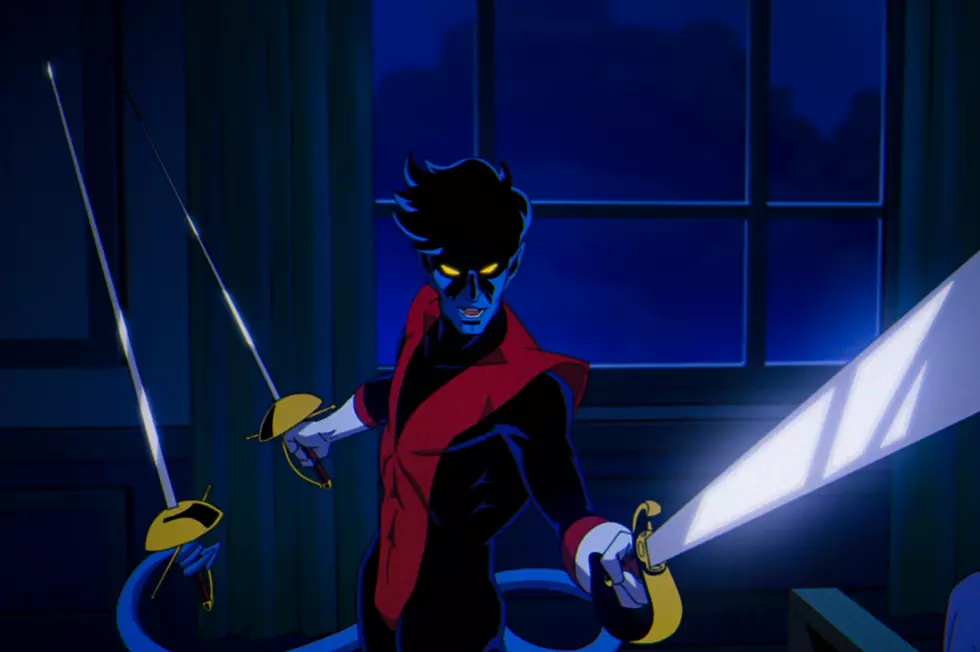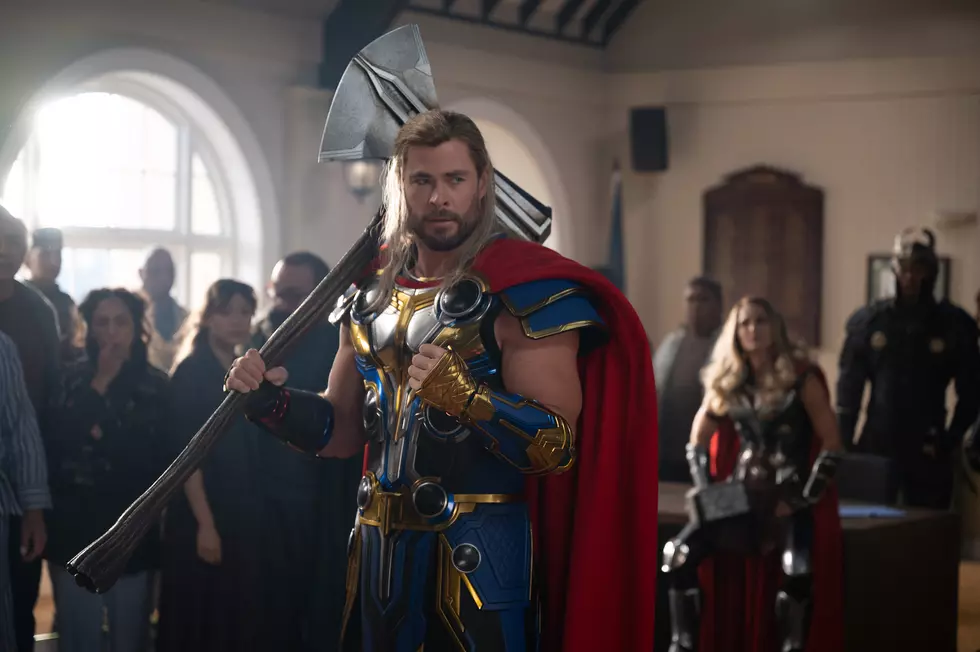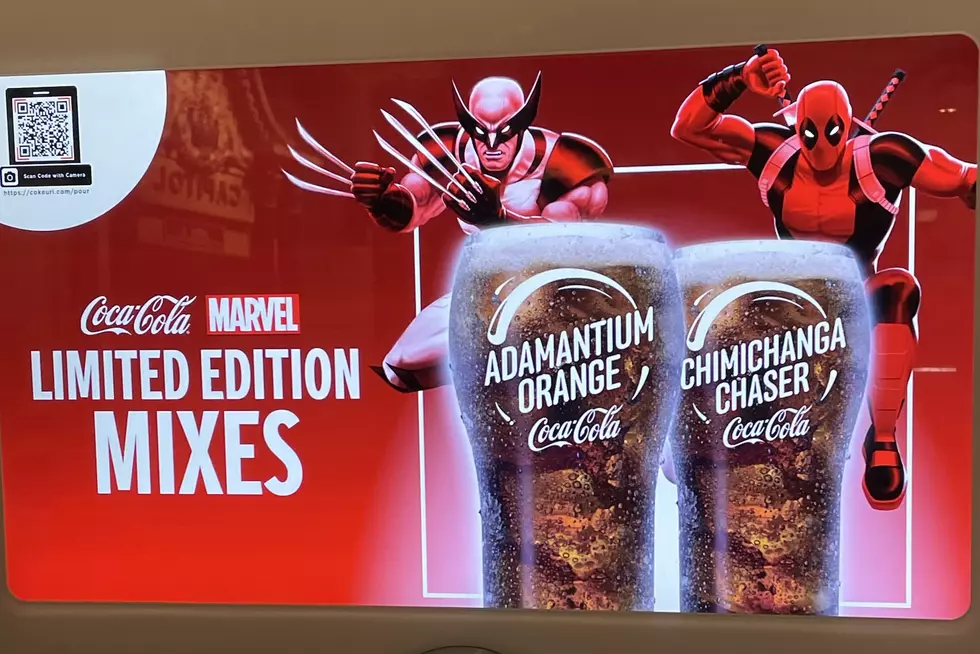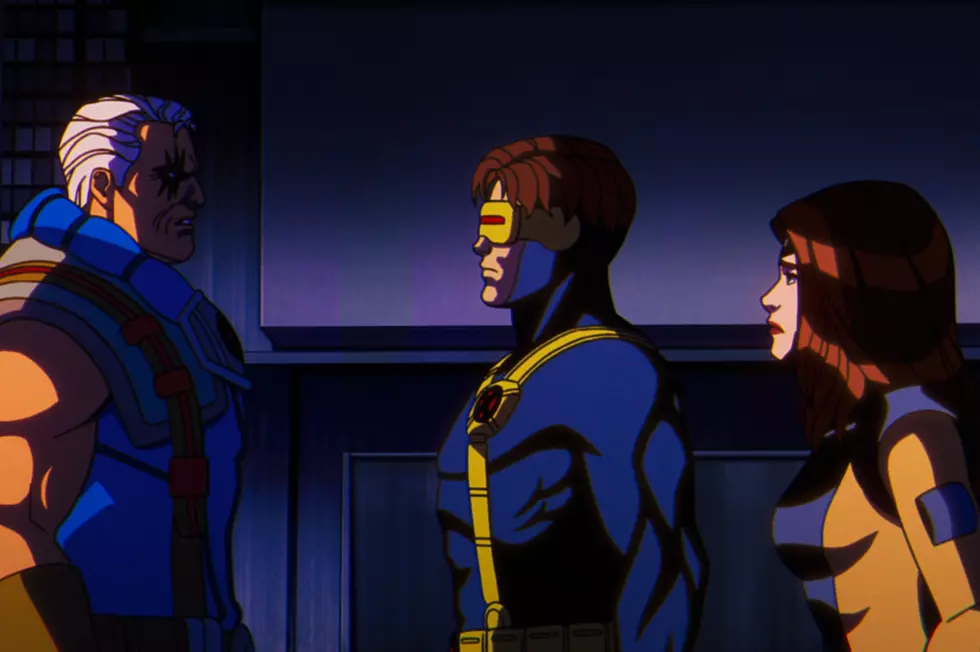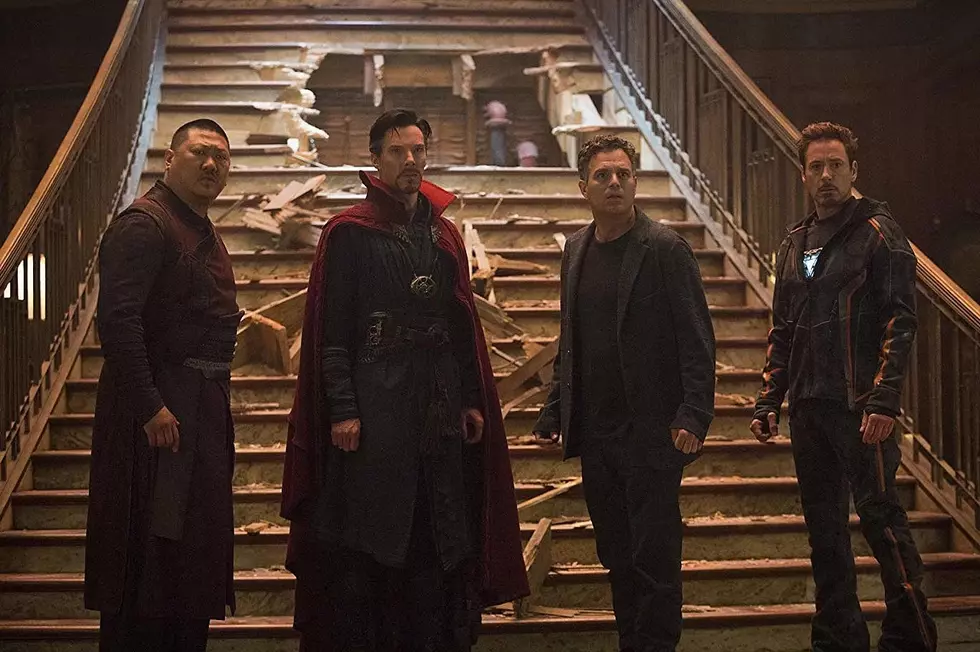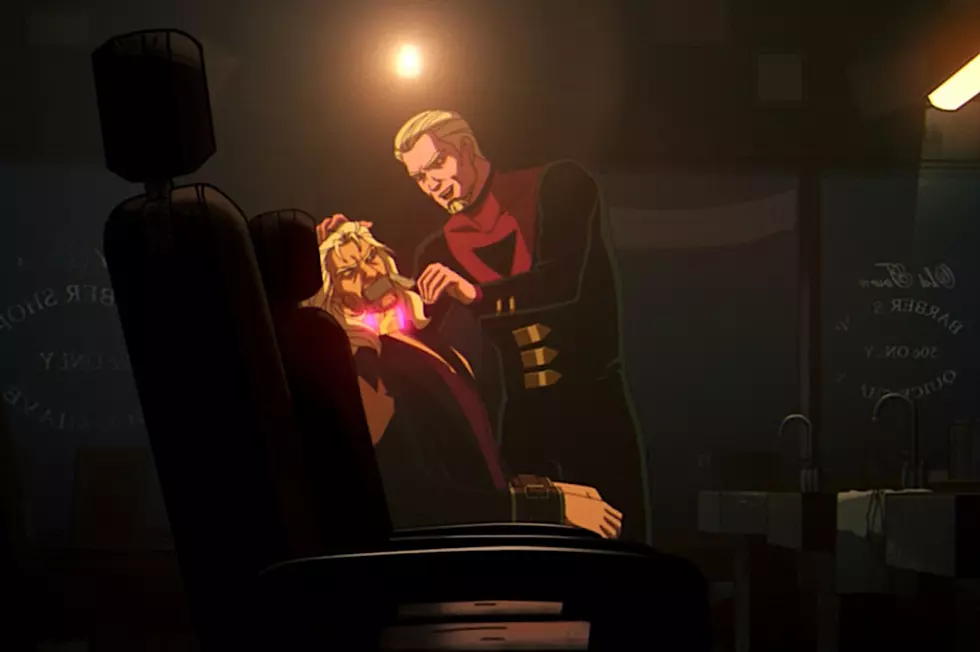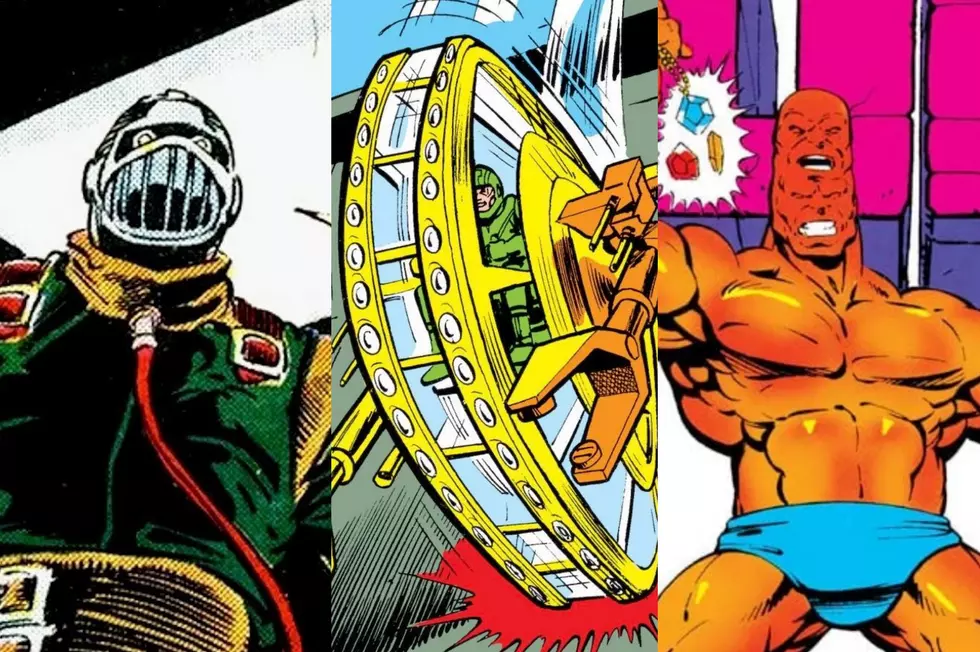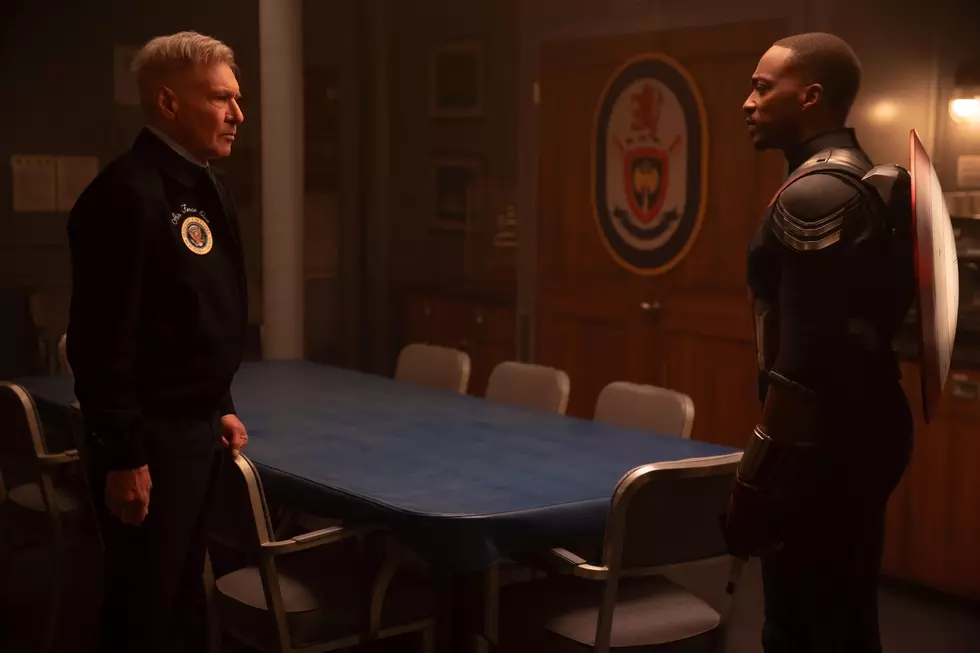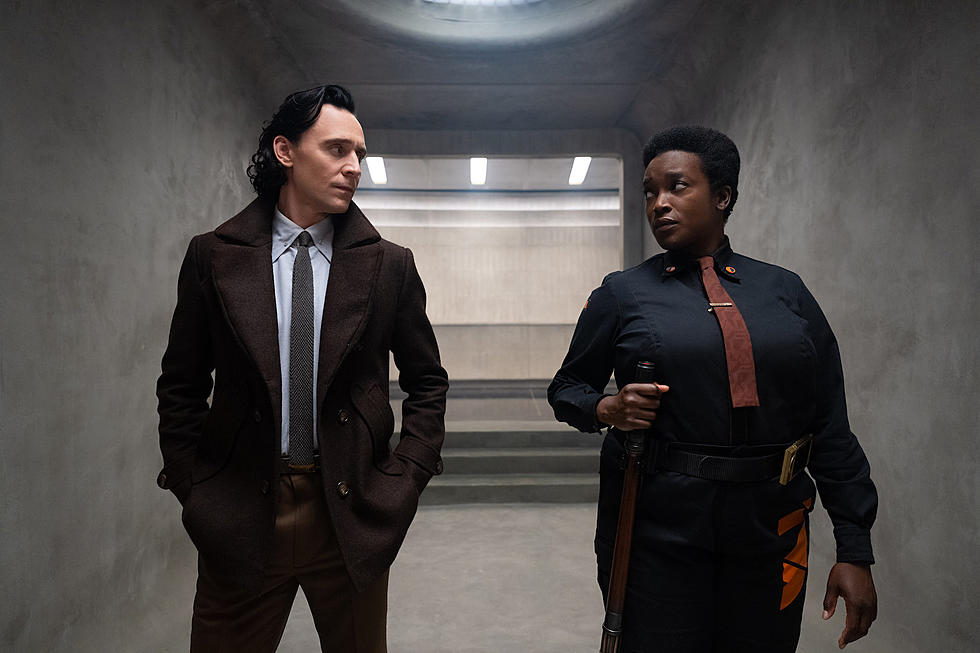
‘Loki’ Works Best as a Meta Show About Chaos at Marvel TV
Despite the fact that this week saw the return of Loki, one of Marvel’s most popular and acclaimed shows, most of the conversation about the company’s television division lately centers instead on an article in The Hollywood Reporter about the creative dysfunction behind the scenes of the superhero studio.
If something can be both shocking and not at all surprising at the same time, this report was. Shocking, in the sense that it painted a troubling picture of the creative process at Marvel, an enormously successful company that has made a lot of very good and very profitable movies — and a few really good TV shows as well, like WandaVision and the first season of Loki. Not at all surprising, in the sense that after those early successes on TV, Marvel’s Disney+ shows have grown increasingly frustrating, with unwieldy structures, dicey special effects, and uninteresting stories. Reading that the creator of a show like Moon Knight quit during production goes a long way toward explaining why that show started off so promisingly and ended so disappointingly, squandering a great Oscar Isaac performance in the service of a bland MacGuffin chase that mostly abandoned the compelling ideas and themes introduced in its first episode.
Things have apparently grown so troubled at the studio that, per THR, they recently parted ways with the original head writers of their upcoming Daredevil: Born Again series and are looking to bring in new producers to rework the concept and reshoot most of the show after numerous episodes had already been filmed prior to the start of the actors and writers strikes. In other words, things could be going better at so-called House of Ideas.
READ MORE: Every Marvel Phase Four Movie and Show, Ranked From Worst to Best
After two episodes, Loki Season 2 does not look like it is going to be the show that is going to right the ship for Marvel. Like all of the company’s Disney+ series, it does have a great cast, including Tom Hiddleston, Owen Wilson, and Ke Huy Quan. And it has plenty of the fun callbacks and Easter eggs and rich details that Marvel is known for. (I did get a kick out of the Kingo poster on the wall at the movie premiere early in this week’s episode.) What this Loki season lacks, especially compared to the first, is a clear narrative through line.
Loki’s first season had that; a “variant” of the title character (Hiddleston) who wound up arrested by the Time Variance Authority and swept up in their chase for another Loki variant, this one a woman named Sylvie (Sophia Di Martino). Loki and Sylvie eventually fall in love (even though they are sort of the same person) and then uncover the truth about the TVA: That it is run by a mad scientist from the future named He Who Remains (Jonathan Majors), who created the TVA to prevent a recurrence of a multiversal war between his own variants.
In the Loki Season 1 finale, He Who Remains offered Loki and Sylvie the choice to let the multiverse return or to take over the TVA and continue protecting the “Sacred Timeline” on his behalf. Sylvie stabbed He Who Remains, but chose not to assume control of the TVA, leading to the rampant multiverses seen in Spider-Man: No Way Home and Doctor Strange in the Multiverse of Madness.
Even as it had to explain all of these concepts about time travel and alternate timelines, Loki Season 1 did an impressive job of making the emotional and narrative stakes for Loki, Sylvie, and the rest of the TVA very clear. In contrast, I have no clue what is supposed to be going on in Loki Season 2. He Who Remains is still gone and multiple factions within the organization are all carrying out different agendas; some are acting like nothing has changed, while others are actively trying to upend their plans to restore the Sacred Timeline.
Loki and the TVA’s Agent Moebius (Wilson) are close friends, but don’t seem to have remotely the same goals. A TVA tech expert (Quan) who was never mentioned in the first season is doing vague but supposedly very important experiments in the organization’s basement. And Sylvie is inexplicably living in an alternate 1980s and working at a McDonald’s, apparently because Marvel couldn’t find a more plausible way to shoehorn some product placement into the series. (I mean, after you have killed an immortal time god, why not go sling some McGriddles for a while? A variant’s got to decompress somehow!)
Given the timing, it was impossible to watch this week’s Loki and not compare it to the scenes at Marvel described in that THR article — and to interpret the TVA in shambles as a metatextual version of the studio. Like the TVA, Marvel’s TV division (at least according to THR) is in a state of major upheaval, with at least one executive who oversaw the recent Secret Invasion show set to depart the company, and various creative groups fighting for control of the company’s various productions. (THR claims that Secret Invasion got bogged down in a battle between “leaders [who] vied for supremacy during Secret Invasion’s preproduction,” and ultimately resulted in “a good portion of the Invasion team being replaced, with new line producers, unit production managers, and assistant directors.”)
This would not the be first time Marvel produced something that invited comparisons to its own corporate culture. In 2017, I wrote a piece about how the best way to understand Marvel’s growth from underdog comic company to Hollywood titan was to look at Tony Stark‘s character arc in the Marvel Cinematic Universe. Stark makes the first Iron Man suit while held hostage by terrorists — at the same time Marvel was beholden to other major studios, who wished to exploit their valuable IP for their own gain. In the early days, Tony’s armor is a patchwork mess. He doesn’t really know what he’s doing, or even have a full sense of what he is making. Neither did Marvel in those days. Then Tony joins up with the Avengers, around the same time that Marvel was acquired by Disney. That first lineup of Earth’s Mightiest Heroes assembled around a table in the S.H.I.E.L.D. Helicarrier that looked an awful lot like a corporate boardroom. And so on.
After two episodes, I’m pretty disappointed with Loki Season 2. I don’t really understand what Loki (or Sylvie, or Moebius, or O.B.) are after, and while I enjoy some of the production design and the overall aesthetic of the TVA, I don’t have a good handle on the narrative stakes and I have no sense of where the show is going or why I should care about this unclear destination. Really, the only way I find myself enjoying it so far is as a Marvel show about the state of Marvel, a place where the multiverse seems to be spiraling out of control and the people who are still working there are not entirely sure what to do about it.
New episodes of Loki premiere weekly on Disney+. Sign up here.

The Worst Marvel Comics Ever
More From ScreenCrush
